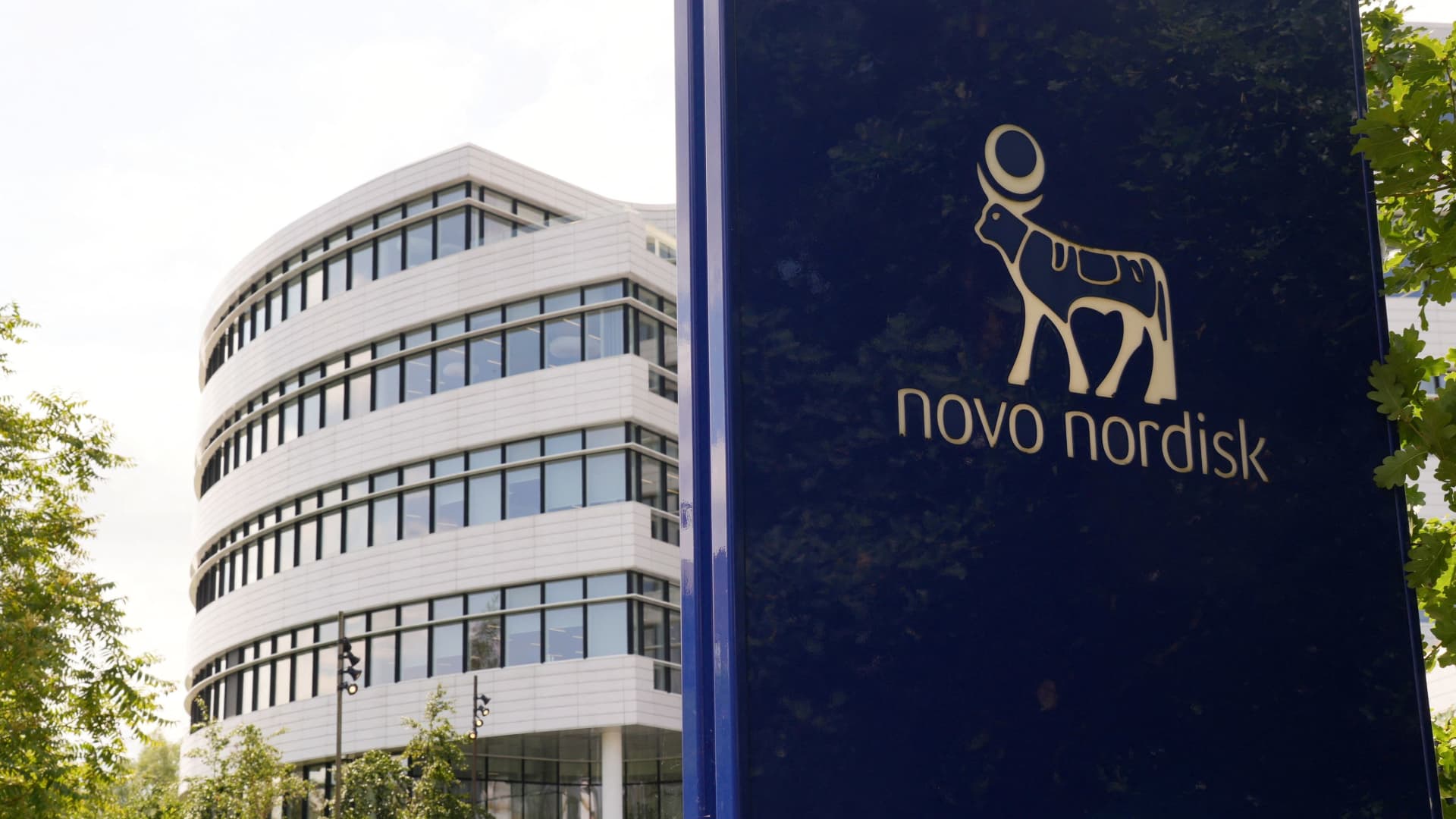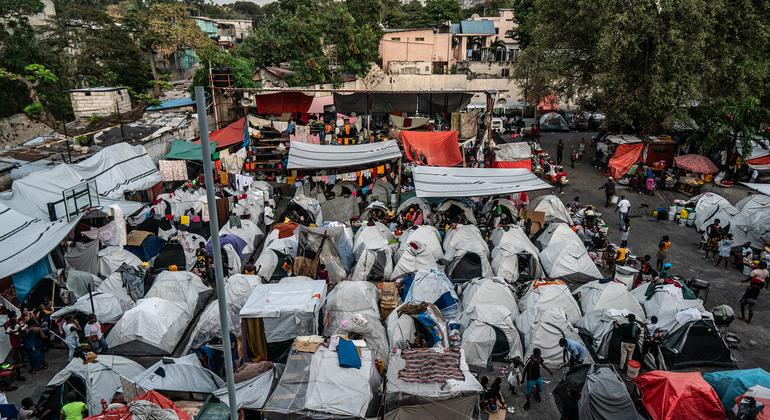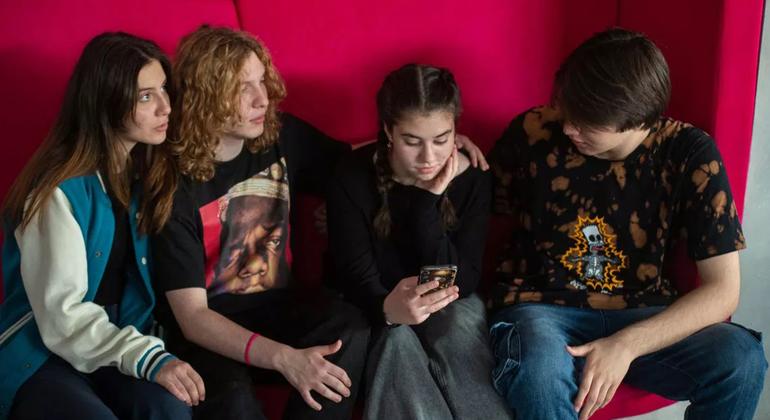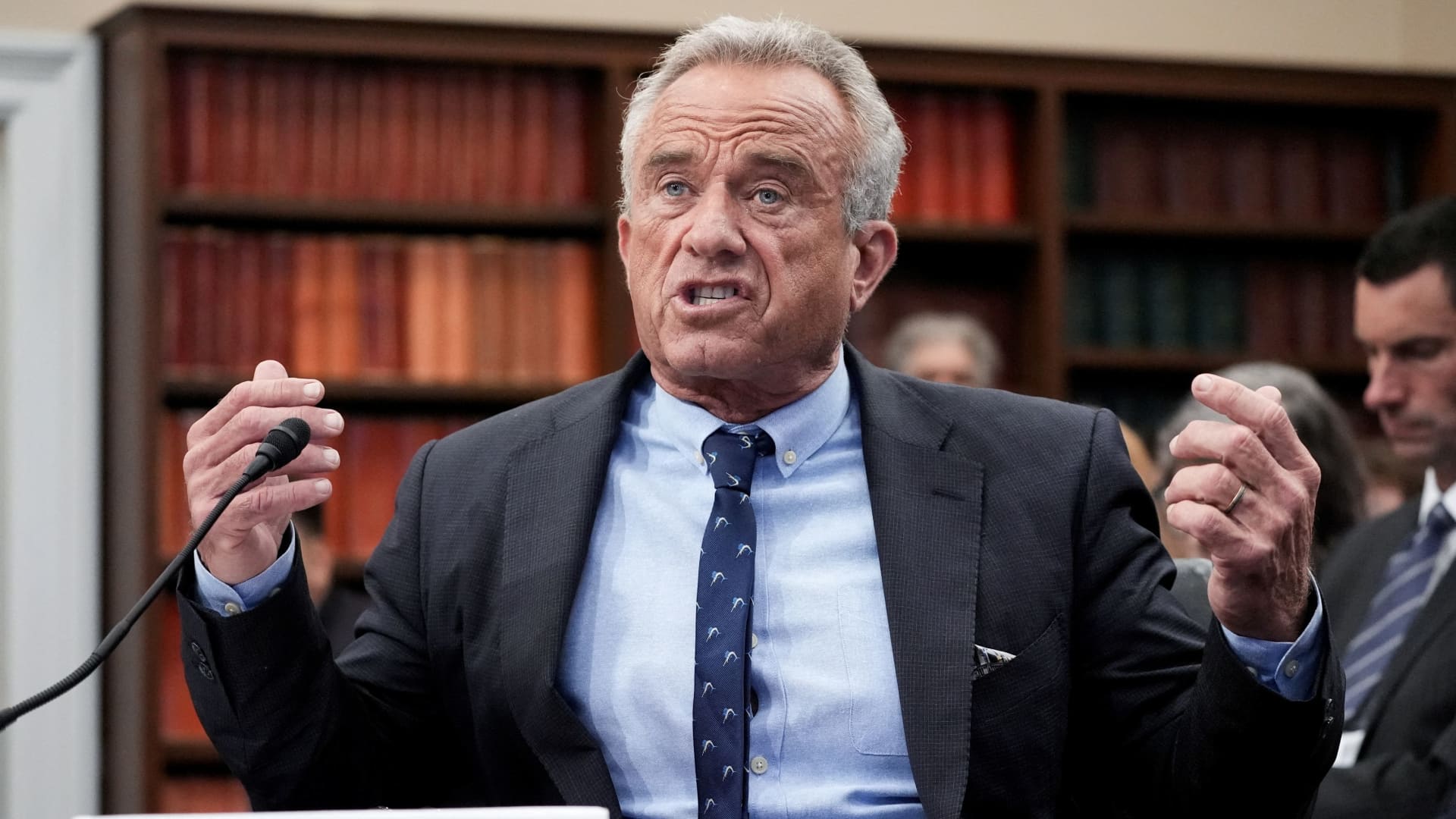For decades, Uganda's campaign against HIV was exemplary, reducing the country's mortality rate by almost 90 percent between 1990 and 2019. Now, a sweeping law enacted last year, the Anti-Homosexuality Law, threatens to renew epidemic as LGBTQ citizens are denied, or too afraid to seek, necessary medical care.
The law criminalizes consensual sexual relations between adults of the same sex. It also requires all citizens to report anyone suspected of such activity, a mandate that makes no exceptions for health care providers who care for patients.
Under the law, simply having same-sex relationships while living with HIV can result in a charge of “aggravated homosexuality,” which is punishable by death.
Anyone who “knowingly promotes homosexuality” (by hiring or housing an LGBTQ person, or failing to report them to police) faces up to 20 years in prison. Dozens of Ugandans have been evicted from their homes and fired from their jobs, according to interviews with lawyers and activists.
According to interviews with dozens of people, cheating and blackmail (sometimes by police) are rampant in person, on social media and on dating apps.
LGBTQ people, and the advocates and health workers who help them, have been subjected to threats and violence.
The law has drawn global condemnation and dealt a significant blow to Uganda's economy. But it is very popular among its citizens. Many Ugandans see homosexuality as a Western influence and the law as a corrective. The country's Constitutional Court will rule on the legality of the law next week.
Responding to pressure from global health organizations, Uganda's Ministry of Health in June guaranteed healthcare to anyone, regardless of orientation or identity. He did not promise that patients would be safe from prosecution.
The country's Health Ministry did not respond to multiple requests for comment on the law's impact on public health.
But Health Minister Dr. Jane Aceng said on social media site X that the government will ensure access to HIV prevention programs and “remains committed to ending AIDS as a public health challenge.”
Others see a disaster in the making. Although the law targets LGBTQ people, the resulting stigma and discrimination can deter all Ugandans from seeking medical care, said William W. Popp, U.S. ambassador to Uganda.
“Our position on the part of the United States government is that the entire law should be repealed,” he said in an interview. “It is a violation of basic human rights and puts all Ugandans at risk.”
In interviews, dozens of LGBTQ people, advocates and health care providers in Uganda say they feared the legislation has had a devastating effect on public health. Although firm data is difficult to find, clinics and hospitals estimated that the number of people seeking HIV testing, prevention or treatment has dropped by at least half.
Some shelters for people living with HIV have closed, and some centers that previously provided walk-in HIV services now serve clients during limited hours, often by appointment only, to minimize the possibility of raids.
Dozens of health professionals and patients have been arrested.
“The government has tried very hard to create the impression that the Anti-Homosexuality Law is not really being applied, that it is not a real threat to LGBT people, but that is not true,” said Justine Balya, director of the Office of Human Rights. Awareness and Promotion Forum, which represents many of the detainees.
Uganda has been at the forefront of HIV research and public health policy. The new law requires scientists to reveal the identities of study participants.
“It's concerning from an academic and research perspective, and also concerning from a scientific perspective, to actually develop the drugs and tools we need to confront disease epidemics in the future,” Ambassador Popp said.
Around the world, the protection of gay rights is closely linked to the control of HIV
Gay and bisexual men living in countries with laws criminalizing homosexuality are 12 times more likely to be living with HIV than those in the rest of the world, according to a recent UN report.
“We are suffering a lot and our lives are in danger,” said Nathanian Issa Rwaguma, 34, a gay man and activist.
Western supporters have offered few resources needed to protect LGBTQ people, particularly those who have been outspoken, several said. “Do you expect a human rights defender dead or alive?” asked Hajjati Abdul Jamal, a 29-year-old transgender woman, referring to aid organizations.
Many Ugandans who have been arrested were not charged under the law, but with being a “common nuisance”, having “carnal knowledge against the order of nature” or sex trafficking, even when the so-called trafficking involves moving from the living room. to the bedroom of the same house, Balya said.
Almost all of those arrested are released after about a week, but some could remain jailed for years awaiting trial, he added.
In March, three gay men and three transgender women working as HIV educators were arrested in Jinja, a town in eastern Uganda.
They spent four months in prison enduring sexual harassment, beatings and two rounds of forced anal examinations, according to the doctor who runs the clinic where they worked and their lawyers. One educator was caned so severely with a cane that she could not sit or lie down for two weeks.
In November, Mulindwa Benda, 24, a transgender man and educator, was in Busia, on the Uganda-Kenya border, to lead a workshop on sexual and reproductive health. He was accused of promoting homosexuality.
Police ridiculed him for “dressing like a man” and held him for 72 hours in a small cell with eight women and a toilet that didn't work, Benda said in an interview.
Community workers in Lugazi, Mbarara and several other towns have been arrested for distributing lubricants and condoms. Police officers often associate the products with same-sex intimacy.
“It is part of the overall climate of persecution and violence that instills fear in health care workers, as well as gay, bisexual men and trans women who need supportive and stigma-free HIV services,” said Asia Russell, director executive of the advocacy group Health. Gap.
About 13 percent of Ugandan men who have sex with men are living with HIV. Many of them now do not receive medical care.
Mulago Hospital's STD clinic, one of the largest in Kampala, used to treat more than 100 LGBTQ patients a day. Now, less than half come to the clinic, said Dr. Afunye Anthony Arthur.
“The others are hiding, so you have to look for them,” he said.
Dr Afunye said he had been approached by angry people at a restaurant and at his home, where he lives with his wife and three young children.
To make visits safer for clients, Ark Wellness Hub, a clinic in Kampala, now stays open late into the night and offers private appointments.
Although three of the clinic's seven staff members have been evacuated from their homes, “they have to find a way to continue their work,” said Brian Aliganyira, its executive director.
Some clinics have resorted to hiding lubricants out of sight or using euphemisms to refer to them. At many clinics, staff and volunteers continue to provide care and spend their own money to deliver medications.
Still, hundreds of patients have stopped having contact with Mulago and Ark Wellness. Some are sex workers who could transmit HIV to others as their virus levels rise without treatment, Dr. Afunye said.
In an interview, a 32-year-old gay man said he had taught shoemaking but was forced to leave his job in July after he was accused of promoting homosexuality at school. He was diagnosed with HIV in 2021 and took his last antiviral pill on December 6.
Two of his friends died in August from HIV-related complications after stopping treatment. But he was still too afraid to go to a clinic: Another friend was stoned to death in his village in Masaka district, he said, after an acquaintance recognized him on public transportation.
Ivan Melisa Kakuru, a 26-year-old transgender woman, still picks up her HIV medications at the Mulago clinic. But she often doesn't have enough money to eat, she claimed. Ms. Kakuru said she fled her hometown when her father tried to kill her and that she has no place to live.
His friend Carlos Bahuriire, 36, a transgender man, said he was evicted by his landlord and had been staying with a supportive friend.
President Yoweri Museveni has called LGBTQ citizens “disgusting” and “abnormal” and said they have “a type of disease.” He has also blamed the West for introducing homosexuality to the country.
Ugandan police have falsely accused activists or educators (such as those arrested in Jinja) of recruiting children into homosexuality and making pornographic videos. Some government officials have also confused homosexuality with pedophilia.
“If you start raping children and so on, we will kill you,” Museveni said last year of the law.
Dr. Aceng, Minister of Health, welcomed the approval of the law. “Our culture and dignity are defended and Ugandan children are protected,” he wrote in X.
The criminalization of homosexuality is actually a vestige of colonialism and leaves Uganda out of step with the rest of the world, said Matthew Kavanagh, director of the Global Health Policy and Policy Initiative at Georgetown University.
The President's Emergency Plan for AIDS Relief provides more than $400 million in HIV funding to Uganda each year. More than 96 percent of this is implemented by organizations outside the Ugandan government.
Now the Biden administration has diverted $5 million from the rest of the government, Ambassador Popp said.
Effective January 1, the United States eliminated Uganda's access to the African Growth and Opportunity Act, which provides duty-free access to the US market. Washington has also sanctioned Johnson Byabashaija, commissioner general of the Uganda Prison Service, for torture and human rights abuses.
But Dr. Kavanagh and other experts said the Biden administration could do more to impose financial sanctions or pressure the Ugandan government to repeal the law.
Byabashaija's sanction was based in part on evidence from the March 2020 arrest of Henry Mukiibi, who runs an HIV clinic and shelter, along with 19 others.
The group was held for 52 days, during which they were tortured and beaten; Some had their genitals burned with a piece of firewood, Mukiibi said in an interview.
“Every time I talk about this case, I have nightmares,” he said. “It traumatized me.”
Last July, the organization was raided again and the clinic was closed. Undeterred, Mr Mukiibi moved to a new secure location.
Mukiibi said he felt it was important to speak out. “Sometimes when we hide things, or when the person speaking becomes anonymous, people don't understand the exact situation you're going through,” he said.












